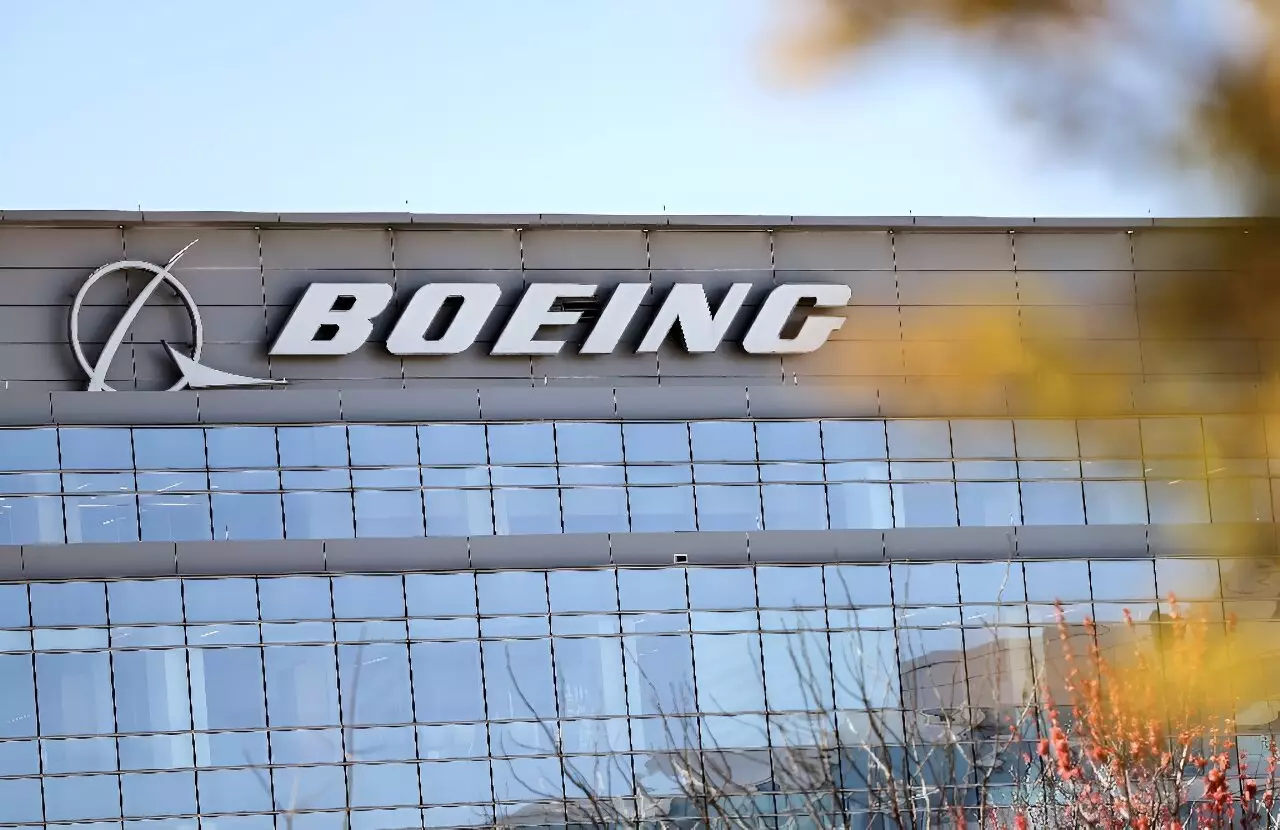The recent agreement between Boeing and the US Department of Justice, in which Boeing will plead guilty to fraud, stems from the aftermath of two fatal 737 MAX crashes that claimed the lives of 346 individuals in Ethiopia and Indonesia over five years ago. This deal comes after prosecutors found that Boeing had not adhered to a prior settlement related to the tragedies. The agreement, which is subject to approval by a federal court judge, includes a $243.6 million payment by Boeing on top of a previously imposed fine of an equivalent amount.
The Department of Justice accused Boeing of failing to enhance its compliance and ethics program, thereby violating a 2021 deferred prosecution agreement. Prosecutors alleged that Boeing did not adequately establish, implement, and enforce a compliance and ethics program to prevent and identify infractions of US fraud laws across its operations. The court documents revealed that Boeing deceived US air traffic safety regulators during the certification process of the Max 737, leading to fraudulent practices. Moreover, Boeing acknowledged in April 2019 that malfunctions in the anti-stall flight software played a role in the crashes.
Under the terms of the plea deal, Boeing is required to undergo three years of “organizational probation,” during which an independent monitor will oversee the company’s operations. Furthermore, Boeing must invest a minimum of $455 million in compliance, quality, and safety initiatives. Despite these conditions, families of the crash victims voiced objections to the agreement, arguing that it affords Boeing concessions that other criminal defendants would not receive. The families’ legal team criticized the deal, stating that it rests on deceitful and offensive premises.
The original deferred prosecution agreement was established in January 2021 following allegations that Boeing knowingly deceived US aviation regulators. The agreement mandated Boeing to pay $2.5 billion in fines and restitution in exchange for immunity from criminal prosecution. However, in January of this year, Boeing faced renewed challenges after a 737 MAX operated by Alaska Airlines experienced a fuselage panel failure mid-flight, prompting an emergency landing. This incident led to additional scrutiny of Boeing’s manufacturing and safety procedures, prompting formal investigations by US authorities and Congress.
Despite Boeing’s initial denial of violating the 2021 deferred prosecution agreement, the Department of Justice’s findings of non-compliance set the stage for the recent plea deal. The agreement, which awaits court approval, underscores the consequences faced by Boeing for its role in the MAX crashes and subsequent ethical lapses. As the aerospace manufacturer navigates the fallout from these incidents, ongoing legal battles and public scrutiny continue to challenge Boeing’s reputation and operations.


Leave a Reply